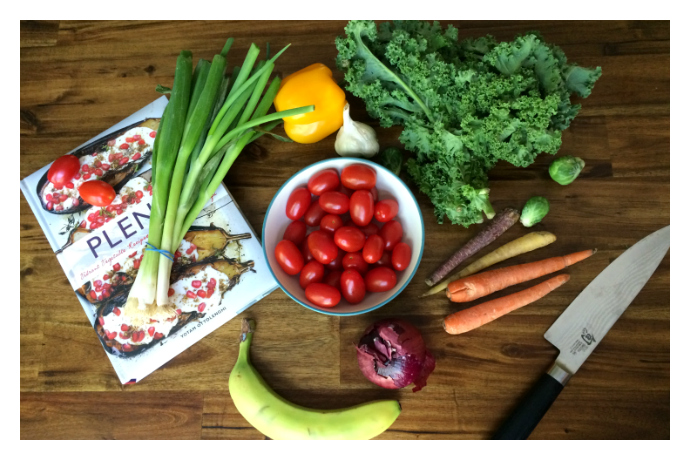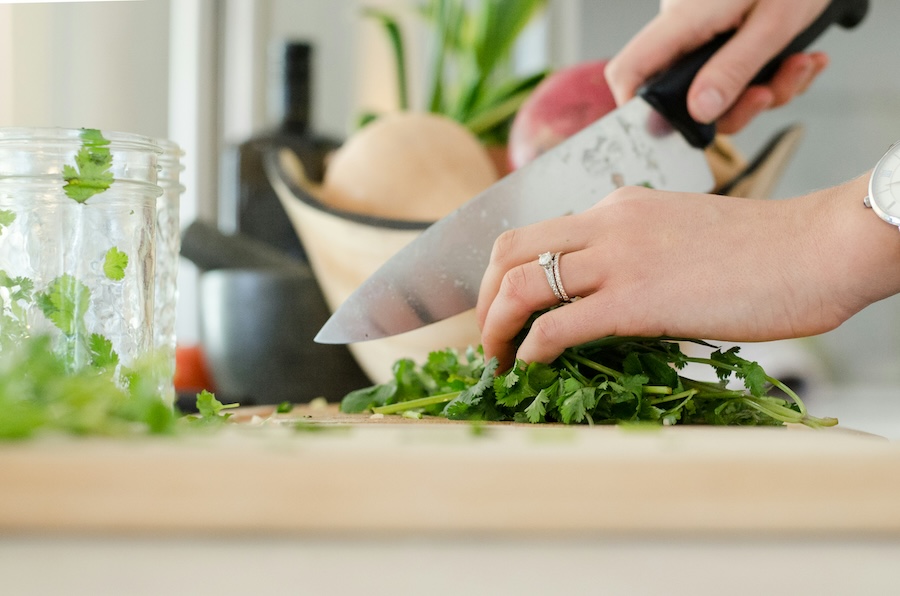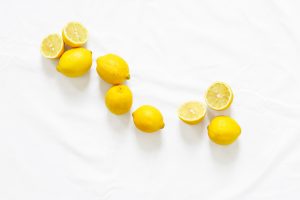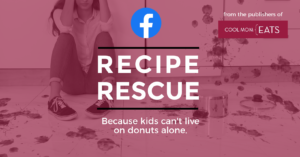I hate the feeling of reaching into the refrigerator to discover a tomato that’s sunken and bruised, a head of kale that’s wilted beyond use, or an onion that’s given up on being eaten and has decided to sprout fresh green stalks instead. But sometimes I just don’t get around to cooking all of my veggies before they go bad. While this is true all year long, I find it especially hard in the winter when veggies aren’t calling out to be used in all their peak-season glory and I’m more focused on things like, oh, comfort foods and quick-cook chili.
And apparently I’m not the only one. According to one article, the average family throws out about 470 pounds of food a year.
To help prevent food waste, we’ve rounded up the best products to help keep your veggies fresh longer. If you don’t want to invest in small gadgets or kitchen tools, though, especially ones that are geared towards berries (see you next summer!), I have some easy tips for how to store produce to keep it fresher longer, no additional purchasing required.
Related: The 2016 EWG list of pesticides in produce: The #1 culprit surprised us.
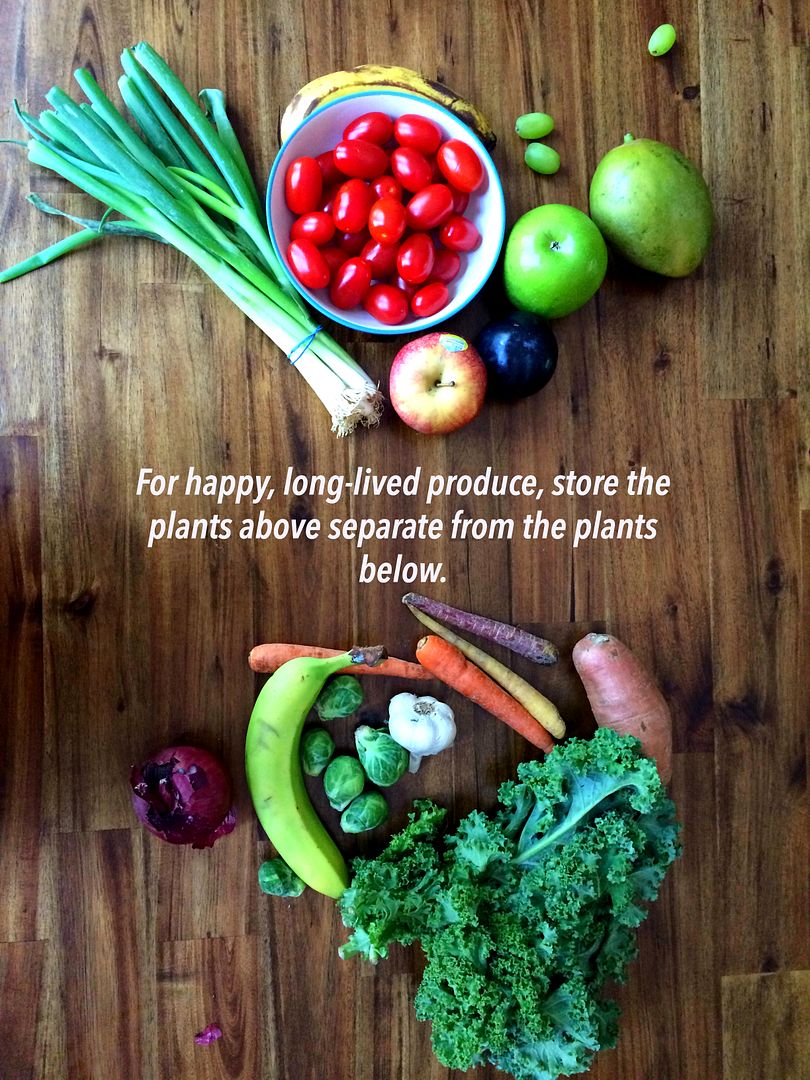
Why can’t we be friends?
I used to arrange my fresh produce in a bowl all together because I loved seeing the spectrum of colors and shapes—such a pretty kitchen display. But I eventually realized that my “let’s all hang together” attitude was seriously curtailing the shelf life of my produce.
Not all fruits and veggies can be friends because some of them produce a gas called ethylene, which causes the plants around them to over-ripen or ripen prematurely. As in, mushy bits and brown spots that not only lead to food waste, but can also trigger picky eater meltdowns.
So separate these fruits and veggies, which produce ethylene:
Avocados, ripe bananas, melons, kiwis, peaches, plums, blueberries, grapes, and tomatoes.
From these, which are sensitive to ethylene:
Apples, asparagus, broccoli, carrots, cucumber, lettuce, sweet potatoes, squash, cauliflower, onions, peas, and unripe bananas.
For a complete list of which fruits and veggies don’t mix, and to find out why bananas ended up on both lists (hint, it depends on ripeness), you can food-nerd out at The Kitchn.
Breathe extra life into your herbs.
I used to always throw my herbs in the fridge exactly as I purchased them—in a loose plastic bag—only to find them brown and limp two days later. Or maybe even with brown water collected at the bottom of the bag. Ick!
Because plants need carbon dioxide to breathe, herbs that are stored this way will be starved for air. To keep this from happening, exhale into the plastic bag before tying it shut. This gives the herbs a food supply that will help them live longer, giving you a few more days of vibrant green color and delicious, bright flavor.
Refresh your fruit.
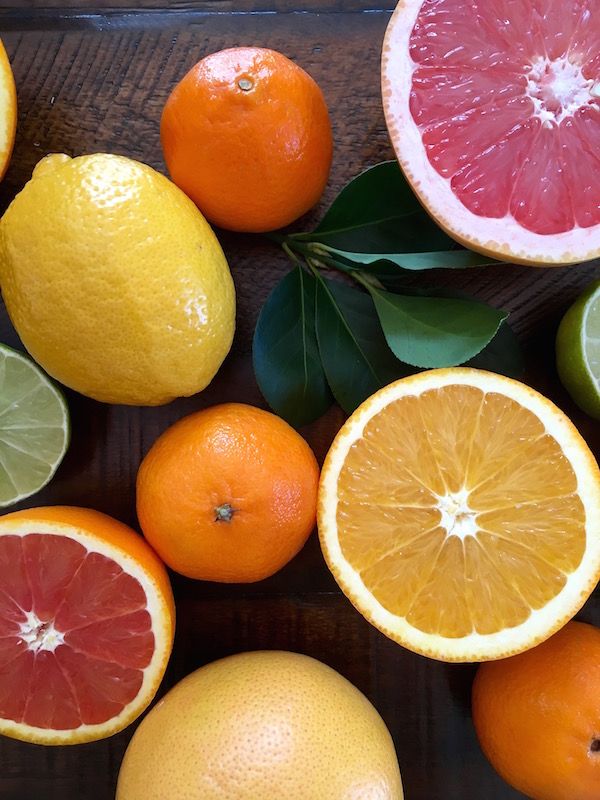
Citrus fruits, which hit peak season soon, often need time to ripen after you bring them home, so leave them on your countertop. When your oranges, lemons, and limes finally reach the perfectly ripe point, store them in a mesh bag in your refrigerator to slow the ripening process until you’re ready to enjoy.
The same is true for pears: Leave them out until ripe, then pop them in the refrigerator once they are. Apples are a different story, though. They are one of a handful of fruits that are best stored in the refrigerator right away. And you know that saying about one bad apple? Well, it’s true. If one of the apples in your crisper goes bad, remove it before the gasses it releases causes the others to go bad too.
As for berries, well, if you’re lucky enough to live in a place where you can get decent ones all year around, you’ll want to check out our favorite trick to keep berries fresher way longer.
Please don’t stop the flavors.
Of course, refrigeration always helps eke out extra shelf life, but it can also stop still-needed ripening and reduce flavor. Cold has a strong muting effect on some vegetables, so that juicy tomato you put into the fridge may not taste as good as the tomato you pull out a few days later. (And, yes, this is true for the cherry tomatoes that will sustain us until next summer, when heirloom, beefsteak, and other field tomatoes are back in season.)
Instead, store tomatoes, potatoes, garlic, onion, and avocados in a cool place away from direct sunlight, keeping the onions and potatoes separate from the others.

